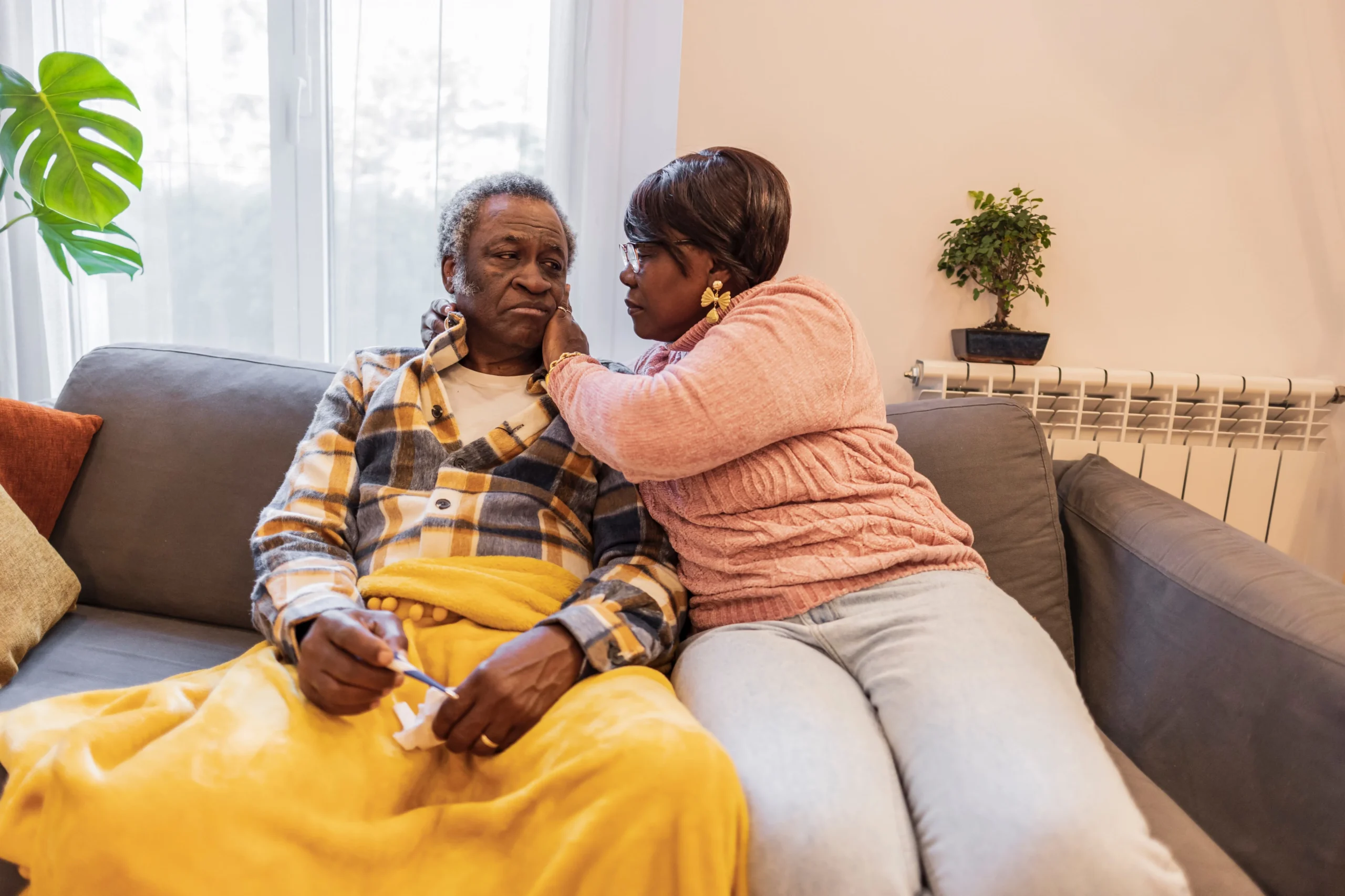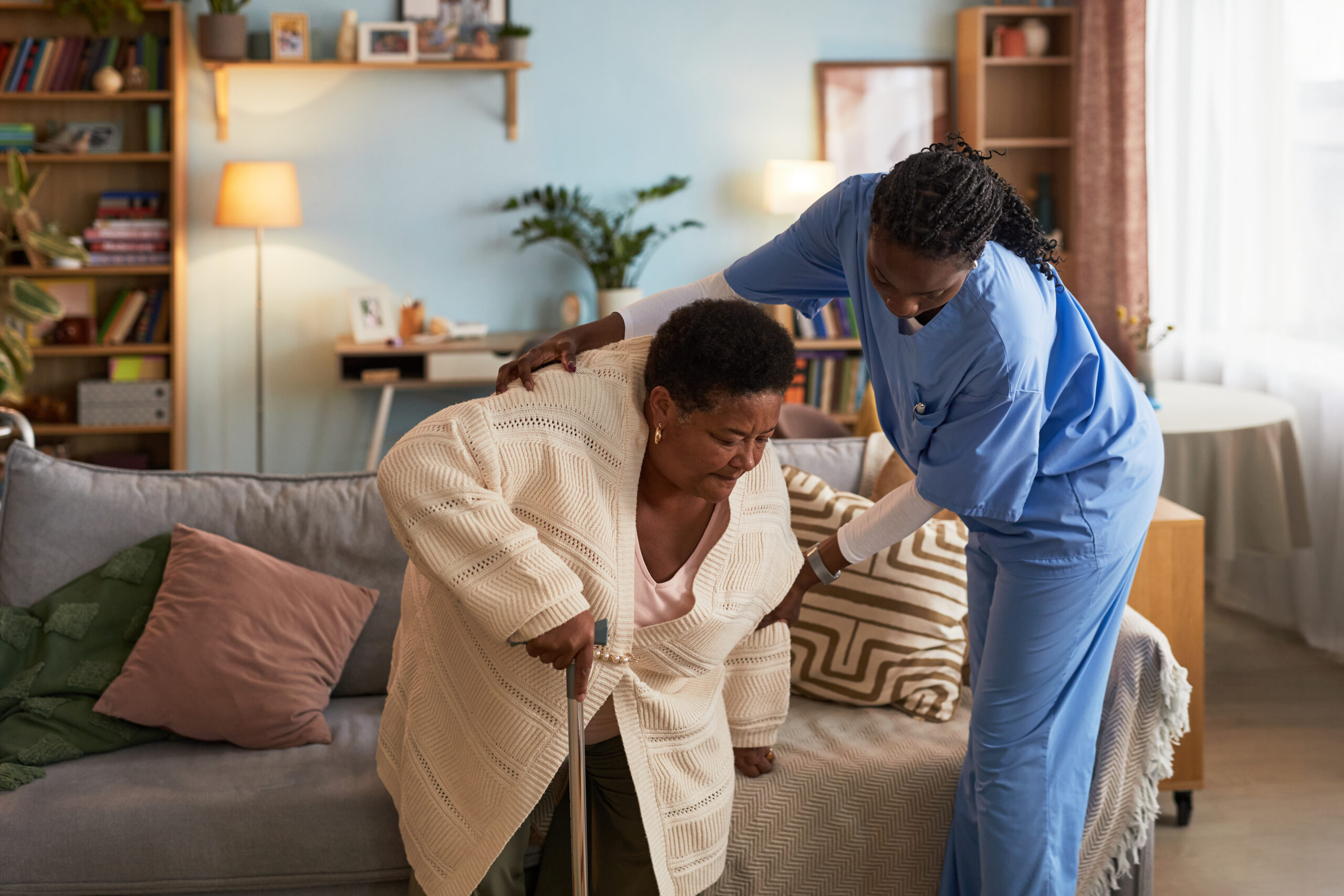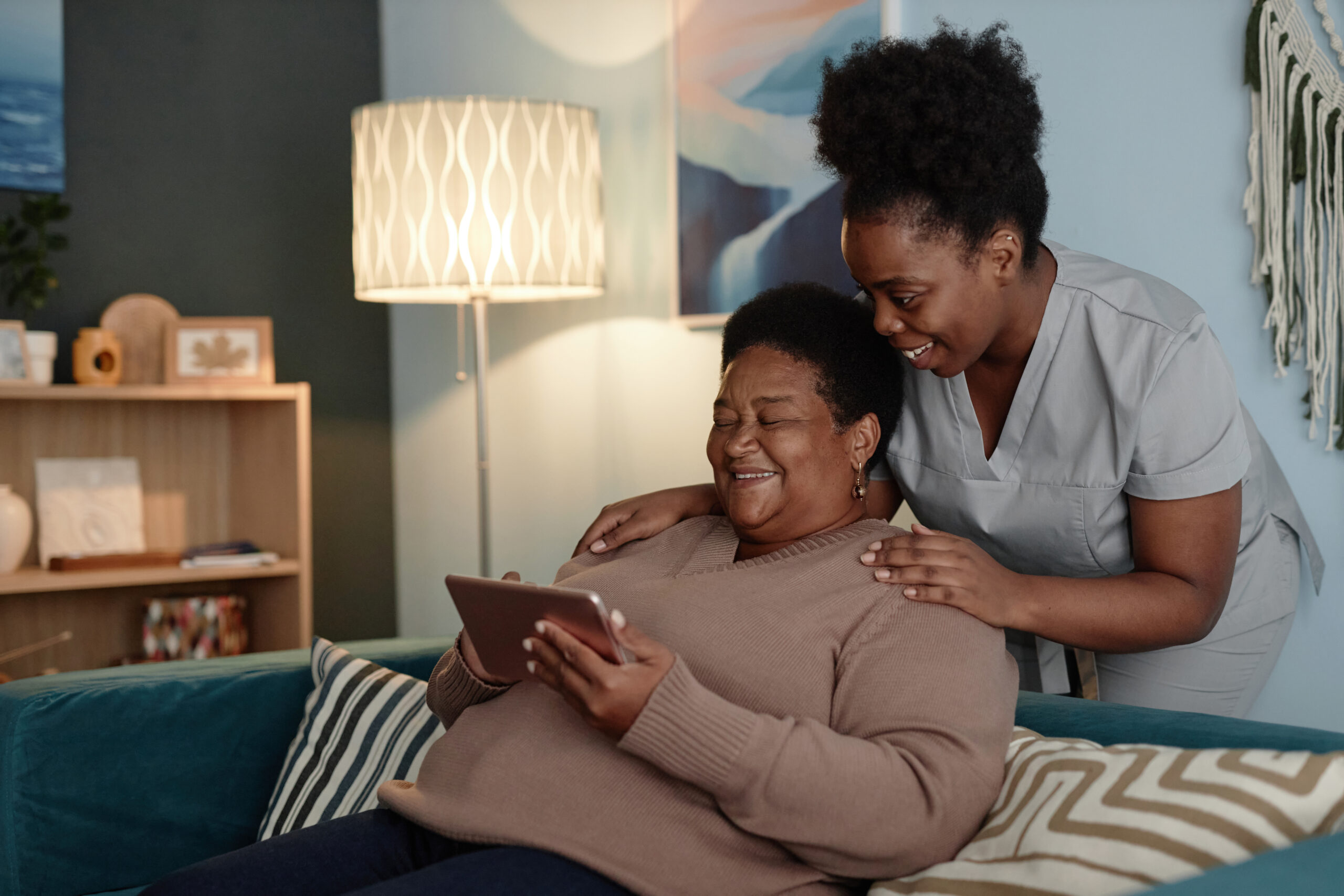Your parents took care of you. As they get older, you may need to take care of them. Unfortunately, not all needs are met so easily. Certain needs may go beyond your capabilities, making home care necessary.
But what signs indicate your mother and father are ready for extra support? Here are some things to look out for.
A Lack of Self-Care
An aging parent may be unable to care for themselves due to mobility issues, forgetfulness, or the symptoms of chronic conditions. You may notice that they look disheveled or that their clothes and house are dirty. This indicates that you may need to intervene by hiring in-home help.
A caregiver can come to the home and assist with self-care habits like bathing, grooming, laundry, and light housekeeping. This solution will improve your senior parent’s hygiene, well-being, and self-esteem.
A Chronic Condition Diagnosis
Elderly individuals become more prone to chronic conditions like diabetes, heart disease, and dementia. Some conditions need more attention than others. For example, a person with a heart condition may need occasional home care, such as checking vital signs, while a dementia patient may require round-the-clock care.
Family members may be able to handle issues early on, but they can worsen over time, making it necessary to hire a nursing professional.

Mobility Issues
A lack of mobility can affect older adults on different levels. They may have trouble completing everyday living tasks around the home. Seniors may also be unable to leave the house, making it difficult to get to doctors’ appointments and run necessary errands.
A caregiver can help by providing transportation services and assisting with tasks around the home. Some may even offer physical therapy, helping patients get back to walking around. This can be a real game-changer for some parents and their families.
Failing Memory
Cognition typically weakens as one gets older. The issue can range from mild forgetfulness to a chronic condition like Alzheimer’s or dementia. Depending on the severity of the problem, the parent may struggle to remember to take medication and pay bills, or wander off and fail to recognize friends and relatives.
A home aide will ensure they take medication and help them attend to necessary tasks. Those trained in dementia care can utilize a specialized approach to limit wandering and agitation.
Caring with Integrity Can Help
The decision to get home care for your loved one is difficult, but finding the right provider makes the transition more comfortable. Caring with Integrity is here to help.
Our compassionate staff positively impacts seniors by providing personalized care tailored to individual needs. We aim to enhance safety, offer companionship, and support daily living. Clients benefit from increased independence, while families enjoy peace of mind knowing their loved one is well-cared for.
Contact our agency to learn more about our comprehensive services.
FAQs
What is the 40-70 rule for aging parents?
The 40-70 rule suggests that children should begin conversations about their aging parents’ future when the child is around 40 and the parent is about 70. This proactive approach ensures needs are evaluated before a crisis occurs.
Am I legally responsible for my aging parents?
Some state laws establish that adult children have a legal duty to support their parents if parents can’t support themselves financially. They must provide basic needs like medical care, food, and shelter. However, although these laws exist, they are rarely enforced.
Which sibling should take care of parents?
There is no rule dictating which sibling should take care of their parents. It should be a group effort with the closest or most available sibling handling immediate needs while others offer financial or logistical support.




